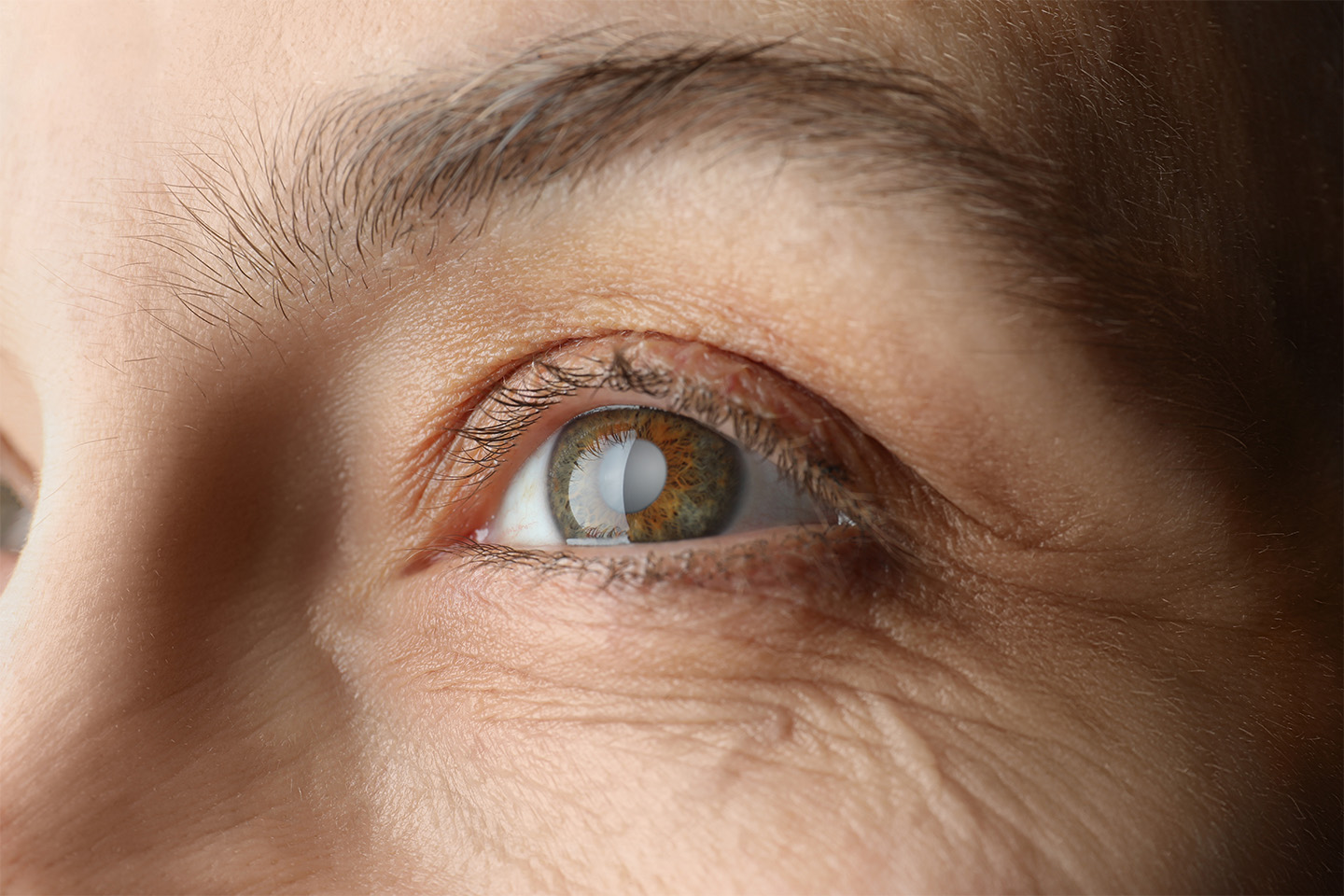Sleeping in Contact Lenses Can Be Dangerous. Here’s Why

Wearing contact lenses around the clock may seem convenient, but it drastically increases the risk of infection.
For 45 million Americans, contact lenses are a convenient way to correct vision problems without the hassle of glasses. However, without proper hygiene, contact lenses can lead to serious health issues that need medical attention. While many wearers keep to typical best practices — soaking contact lenses in cleansing solutions overnight, for example — a new CDC report shows that a surprising number of Americans don’t.
Indeed, in its weekly report “Corneal Infections Associated with Sleeping in Contact Lenses — Six Cases, United States, 2016–2018,” the CDC estimates that one in three Americans sleeps in their contact lenses. Although some contact lenses advertise extended wear, the CDC report finds that sleeping with contact lenses increases the risk of infection by six to eight times.
Knowing the Risks of Sleeping in Contact Lenses
During the day, regular blinking cleans your contact lenses for you and provides oxygen to the eye. This effectively prevents the build-up of bacteria around the contact lens. When you sleep, however, you’re not blinking, and this makes it easier for bacteria to spread in dark areas that are cut off from the flow of oxygen.
The resulting infections are known as microbial keratitis. While many types of keratitis can be cured with antibiotic drops administered over weeks or months, it can cause lasting damage if left untreated, including permanent vision loss.
How to Avoid Infection from Contacts
First and foremost, eye care specialists recommend that you don’t sleep with contact lenses in. Many even recommend that you take contact lenses out for naps. When you’re not wearing your contact lenses, be sure to soak them in cleansing solutions before you put them back in.
Additionally, it’s important that you don’t wear contact lenses past their suggested duration of use. If your contact lenses are only designed for thirty days of wear, for example, discard them at the end of that cycle.
While contact lenses can be a convenient way to avoid wearing glasses, it’s clear that wearers need to be careful about hygiene during use. If taking your contact lenses in and out, cleaning them regularly, and ordering new pairs seems like a hassle, you may want to consider alternatives.
LASIK surgery, for example, offers the clarity of contact lenses without the trouble of daily maintenance. If you’re curious whether LASIK could be right for you, schedule a consultation today at ICON Eyecare.
[DISPLAY_ULTIMATE_SOCIAL_ICONS]








